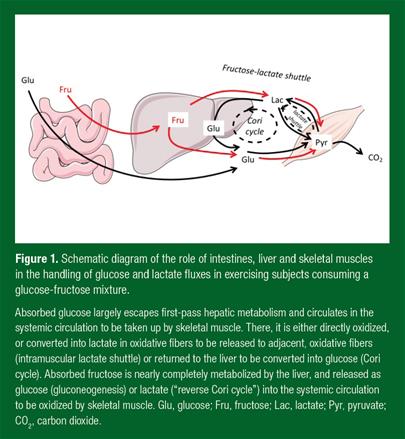Green tea has the same effects on glucose.

 pubmed.ncbi.nlm.nih.gov
pubmed.ncbi.nlm.nih.gov

Green tea catechins ameliorate adipose insulin resistance by improving oxidative stress - PubMed
Epidemiological data have suggested that drinking green tea is negatively associated with diabetes, and adipose oxidative stress may have a central role in causing insulin resistance, according to recent findings. The aim of this work is to elucidate a new mechanism for green tea's anti-insulin...


